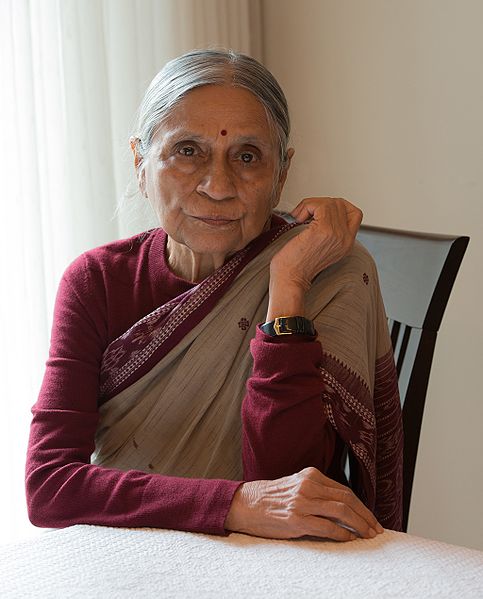Self Employed Women's Association
Self-Employed Women's Association (SEWA), meaning "service" in several Indian languages, is a trade union based in Ahmedabad, India, that promotes the rights of low-income, independently employed female workers. Nearly 2 million workers are members of the Self-Employed Women’s Association across eight states in India. Self-employed women are defined as those who do not have a fixed employer-employee relationship and do not receive a fixed salary and social protection like that of formally-employed workers and therefore have a more precarious income and life. SEWA organises around the goal of full employment in which a woman secures work, income, food, and social security like health care, child care, insurance, pension and shelter. The principles behind accomplishing these goals are struggle and development, meaning negotiating with stakeholders and providing services, respectively.

U.S. Secretary of State Hillary Rodham Clinton and SEWA Executive Director Reema Nanavaty listen as women artisans share stories of their involvement with SEWA at the Hansiba Store in Mumbai, India, 18 July 2009.
Ela Bhatt, founder and past president of SEWA, appreciating the fabrics at Qalandia Women's Cooperative
Products at the SEWA Hansiba Store in Mumbai
Ela Ramesh Bhatt was an Indian cooperative organiser, activist and Gandhian, who founded the Self-Employed Women's Association of India (SEWA) in 1972, and served as its general secretary from 1972 to 1996. She was the chancellor of the Gujarat Vidyapith from 7 March 2015 to 19 October 2022. A lawyer by training, Bhatt was a part of the international labour, cooperative, women, and micro-finance movements and won several national and international awards, including the Ramon Magsaysay Award (1977), Right Livelihood Award (1984) for "helping home-based producers to organise for their welfare and self-respect" and the Padma Bhushan (1986).
Bhatt in 2013




